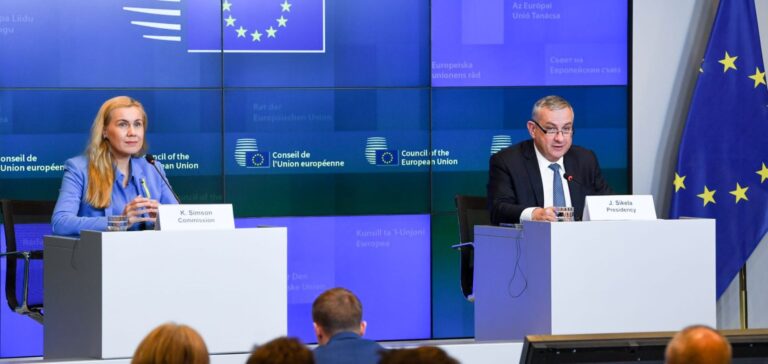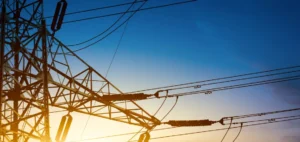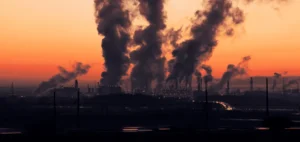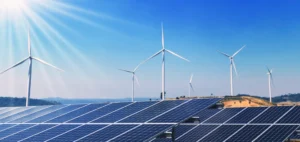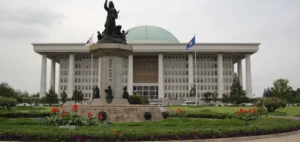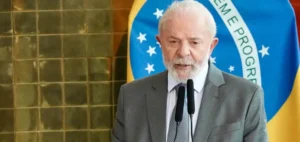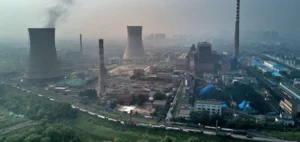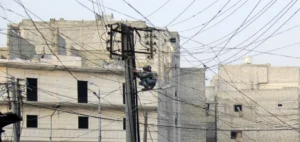The Commissioner for Energy, Kadri Simson, organized a high-level conference in Brussels on the future of the Energy Union. The conference was convened as a timely opportunity to take stock of the lessons learned from the energy crisis and, in light of those lessons, to facilitate a discussion on the future of EU energy policy, particularly with regard to energy security and the transition to clean energy. Conference participants included representatives from EU countries, sectoral organizations and other stakeholders, as well as academics.
Speakers reflected on the EU’s response to the energy crisis, highlighting the crucial role played by the Energy Union in the successful implementation of the REPowerEU plan.
The objective of a sovereign and clean energy Europe
Citing close regional cooperation and mutual solidarity as Europe’s greatest strength, Commissioner Simson recalled how cooperation on measures such as diversifying energy sources, reducing overall demand, increasing the use of renewables and strengthening preparedness for the coming winter have enabled Europe to withstand the crisis conditions experienced over the past year.
Looking ahead, Commissioner Simson said in her speech: “We need to define how this unprecedented crisis will shape the EU’s long-term vision for an Energy Union that is resilient – putting us on the path to European energy sovereignty and solidarity; clean and sustainable – to achieve our goal of climate neutrality; and competitive – to ensure affordable energy prices for all European businesses and households.
Reference was also made to the ongoing work of EU countries on the revision of their National Integrated Energy and Climate Plans (NECPs) for the period 2021-2030, the first drafts of which are due by June 2023. Several participants stressed the importance of these plans in defining a future for the EU energy sector that is both decarbonized and more secure.
The importance of strategic planning
Subsequent sessions included a discussion of the role of strategic planning (including NECPs) in strengthening EU energy security and ensuring affordability. This was followed by a series of three roundtables focusing on various aspects of the transition to clean energy and building greater resilience in the EU’s energy system.
Concluding the conference, DG Energy Director General Ditte Juul Jørgensen stressed the need for strategic foresight and a shared vision when planning Europe’s common path to a safer, cleaner and more competitive energy future, involving all levels and stakeholders. She said, “The NECPs (integrated national energy and climate plans) that are going to be updated should play a crucial role, and two other key points to remember are ‘implementation’ and ‘skills’.


